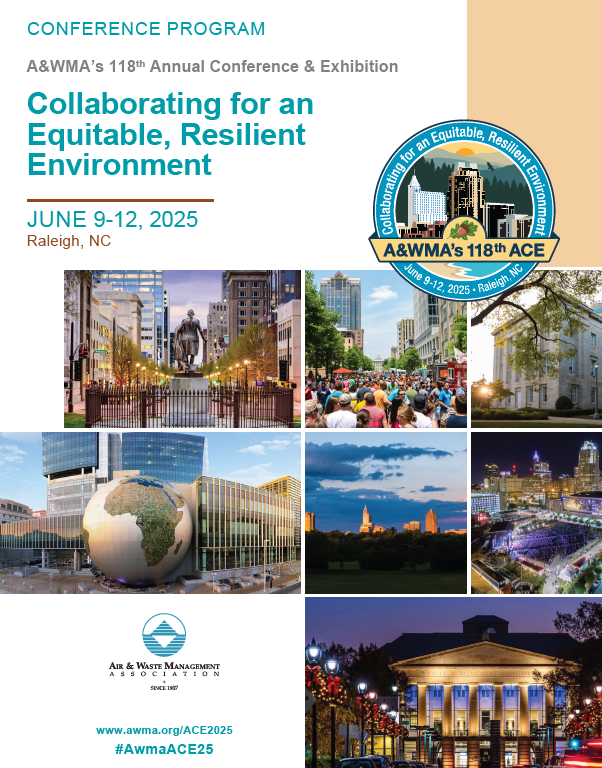ACE 2025
CLIM
Climate Policy, Issues, and Corporate Programs
Adapting to State and SEC Climate Disclosures: What Corporations Need to Know
Thursday, June 12, 2025
2:00pm – 2:20pm ET
Location: 306C
.jpg)
Tingting Jiang (she/her/hers)
Senior Professional
Geosyntec Consultants, CA
Author(s)
Abstract Description: As climate change regulations continue to evolve, both state-level and federal climate disclosure frameworks are becoming increasingly complex and impactful for businesses. With states like California, New York, Illinois, and Washington leading the charge, corporations are facing new greenhouse gas (GHG) reporting requirements and compliance timelines. State laws, such as California's SB 253 and SB 261, often extend beyond federal standards, incorporating detailed GHG emission disclosures (Scope 1, 2, and 3) and verification mandates that companies must meet.
This presentation aims to equip corporate leaders with a comprehensive understanding of state-level climate disclosure regulations, with a particular emphasis on California’s SB 253 and SB261, and how they align with or diverge from federal frameworks, including the SEC’s climate disclosure rules. The presentation will explore the key elements of these regulations, including the reporting deadlines, verification requirements, and discuss the practical implications for business compliance.
The presentation will lay out a clear framework for preparing for the rapidly changing regulatory environment and provide guidance on how to establish effective systems for tracking and reporting emissions, implementing third-party verification, and aligning governance to meet both state and federal requirements. Attendees will leave with actionable insights into how to manage risk, optimize their reporting processes, and ensure compliance with evolving climate-related regulations—an essential focus for businesses looking to stay ahead of the curve and meet both regulatory and investor expectations.
This presentation aims to equip corporate leaders with a comprehensive understanding of state-level climate disclosure regulations, with a particular emphasis on California’s SB 253 and SB261, and how they align with or diverge from federal frameworks, including the SEC’s climate disclosure rules. The presentation will explore the key elements of these regulations, including the reporting deadlines, verification requirements, and discuss the practical implications for business compliance.
The presentation will lay out a clear framework for preparing for the rapidly changing regulatory environment and provide guidance on how to establish effective systems for tracking and reporting emissions, implementing third-party verification, and aligning governance to meet both state and federal requirements. Attendees will leave with actionable insights into how to manage risk, optimize their reporting processes, and ensure compliance with evolving climate-related regulations—an essential focus for businesses looking to stay ahead of the curve and meet both regulatory and investor expectations.

